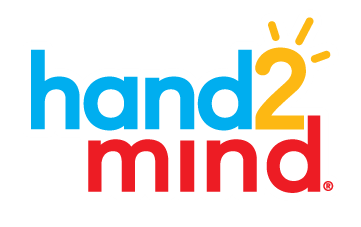Base Ten: The Maths Mastery Manipulative
Base Ten Blocks are a maths manipulative that help young learners to understand how numbers relate to one another, specifically ones, tens, hundreds and thousands.
This is a demo store. No orders will be fulfilled.
FREE DELIVERY on all UK online orders over £50!FREE DELIVERY on all UK online orders over £50!
Base Ten Blocks are a maths manipulative that help young learners to understand how numbers relate to one another, specifically ones, tens, hundreds and thousands.
Base Ten Blocks are a maths manipulative that help young learners to understand how numbers relate to one another, specifically ones, tens, hundreds and thousands.
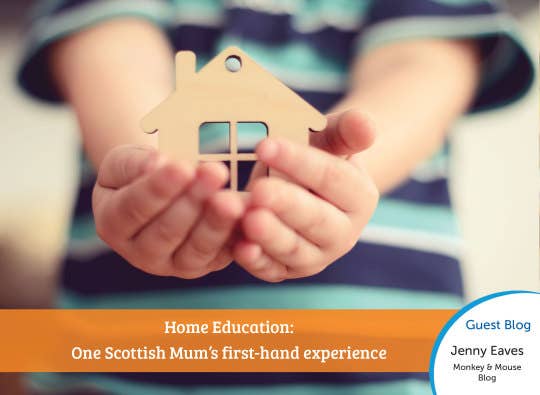
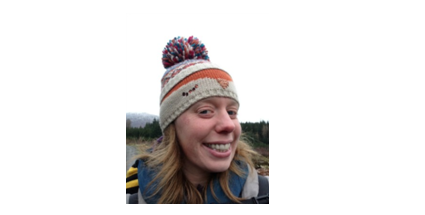
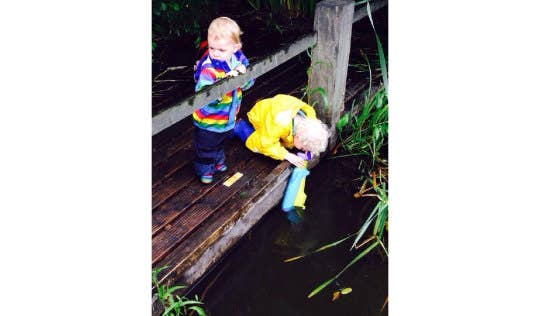
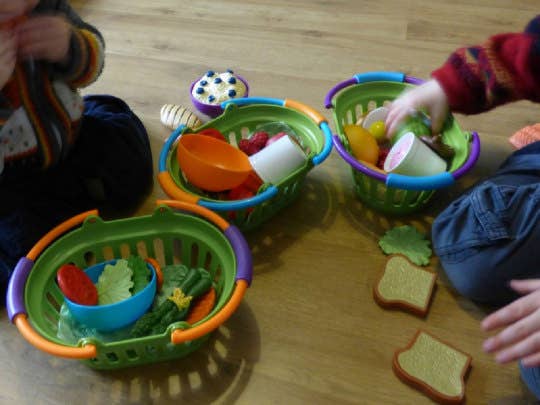
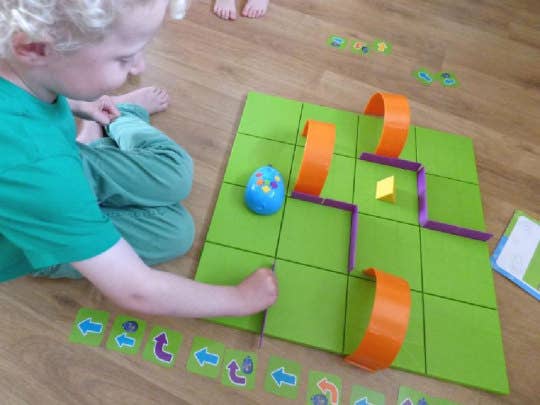







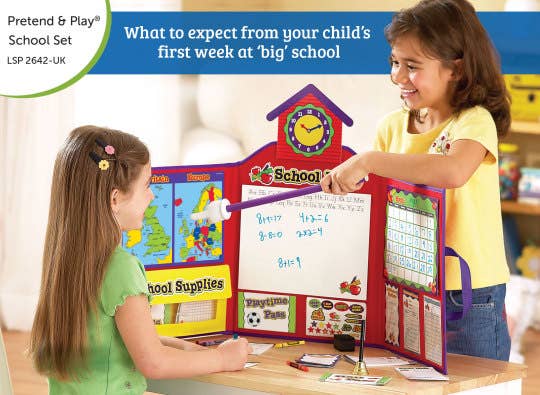
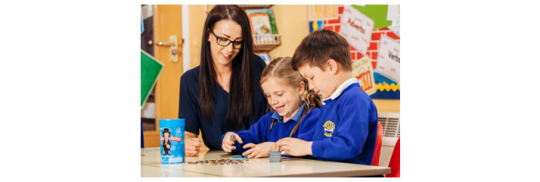
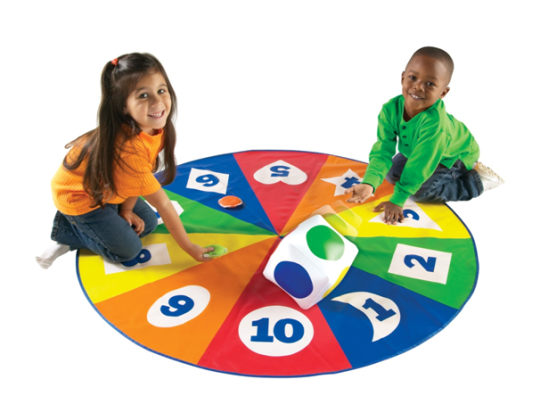
 All About Me Double Sided Mirror Boards
All About Me Double Sided Mirror Boards Daily Schedule Pocket Chart          Good Job Reward Chart When your child starts school they will need to complete self-care tasks independently that they may have had help with at home. These include things like going to the toilet, getting dressed, washing their hands, feeding themselves and tidying up. Over the summer break it would benefit your child if you begin to encourage them to complete these tasks on their own. There will be somebody available to help if your child is struggling but with 30 children in a class they may not get the attention they are used to. A star chart is a great way to introduce these tasks and provide an incentive for them to succeed.It may also help your child to familiarise them with sitting cross legged. In nurseries and pre-schools children often sit on chairs and are not used to sitting on the floor. In their first week at school they will be sat on carpet for long periods of time, so if they are used to sitting that way it will be a lot easier for them.You can create a positive outlook towards beginning school by having enthusiastic conversations about their journey to school, things they might do at school and the topics they will be learning about. Finding out their teacher’s name means you can mention them in conversations building up a familiarity. Visiting the school with your child for an informal event before they start such as a fete or open day will help you both to visualise it when you are talking about it.Children are like sponges when they begin school and are ready to take in a lot of information. The reception teacher will support your child in developing new skills ready for Key Stage 1. Social and communication skills are important in reception as the ability to communicate thoughts and feelings will allow your child to form relationships and express themselves. Try teaching your child phrases such as “can I join in?â€, “can I play with you?†and “do you want to share?†Lastly, a few practical tips from teacher to parent:
Daily Schedule Pocket Chart          Good Job Reward Chart When your child starts school they will need to complete self-care tasks independently that they may have had help with at home. These include things like going to the toilet, getting dressed, washing their hands, feeding themselves and tidying up. Over the summer break it would benefit your child if you begin to encourage them to complete these tasks on their own. There will be somebody available to help if your child is struggling but with 30 children in a class they may not get the attention they are used to. A star chart is a great way to introduce these tasks and provide an incentive for them to succeed.It may also help your child to familiarise them with sitting cross legged. In nurseries and pre-schools children often sit on chairs and are not used to sitting on the floor. In their first week at school they will be sat on carpet for long periods of time, so if they are used to sitting that way it will be a lot easier for them.You can create a positive outlook towards beginning school by having enthusiastic conversations about their journey to school, things they might do at school and the topics they will be learning about. Finding out their teacher’s name means you can mention them in conversations building up a familiarity. Visiting the school with your child for an informal event before they start such as a fete or open day will help you both to visualise it when you are talking about it.Children are like sponges when they begin school and are ready to take in a lot of information. The reception teacher will support your child in developing new skills ready for Key Stage 1. Social and communication skills are important in reception as the ability to communicate thoughts and feelings will allow your child to form relationships and express themselves. Try teaching your child phrases such as “can I join in?â€, “can I play with you?†and “do you want to share?†Lastly, a few practical tips from teacher to parent:


 All About Me Double Sided Mirror Boards
All About Me Double Sided Mirror Boards Daily Schedule Pocket Chart          Good Job Reward Chart When your child starts school they will need to complete self-care tasks independently that they may have had help with at home. These include things like going to the toilet, getting dressed, washing their hands, feeding themselves and tidying up. Over the summer break it would benefit your child if you begin to encourage them to complete these tasks on their own. There will be somebody available to help if your child is struggling but with 30 children in a class they may not get the attention they are used to. A star chart is a great way to introduce these tasks and provide an incentive for them to succeed.It may also help your child to familiarise them with sitting cross legged. In nurseries and pre-schools children often sit on chairs and are not used to sitting on the floor. In their first week at school they will be sat on carpet for long periods of time, so if they are used to sitting that way it will be a lot easier for them.You can create a positive outlook towards beginning school by having enthusiastic conversations about their journey to school, things they might do at school and the topics they will be learning about. Finding out their teacher’s name means you can mention them in conversations building up a familiarity. Visiting the school with your child for an informal event before they start such as a fete or open day will help you both to visualise it when you are talking about it.Children are like sponges when they begin school and are ready to take in a lot of information. The reception teacher will support your child in developing new skills ready for Key Stage 1. Social and communication skills are important in reception as the ability to communicate thoughts and feelings will allow your child to form relationships and express themselves. Try teaching your child phrases such as “can I join in?â€, “can I play with you?†and “do you want to share?†Lastly, a few practical tips from teacher to parent:
Daily Schedule Pocket Chart          Good Job Reward Chart When your child starts school they will need to complete self-care tasks independently that they may have had help with at home. These include things like going to the toilet, getting dressed, washing their hands, feeding themselves and tidying up. Over the summer break it would benefit your child if you begin to encourage them to complete these tasks on their own. There will be somebody available to help if your child is struggling but with 30 children in a class they may not get the attention they are used to. A star chart is a great way to introduce these tasks and provide an incentive for them to succeed.It may also help your child to familiarise them with sitting cross legged. In nurseries and pre-schools children often sit on chairs and are not used to sitting on the floor. In their first week at school they will be sat on carpet for long periods of time, so if they are used to sitting that way it will be a lot easier for them.You can create a positive outlook towards beginning school by having enthusiastic conversations about their journey to school, things they might do at school and the topics they will be learning about. Finding out their teacher’s name means you can mention them in conversations building up a familiarity. Visiting the school with your child for an informal event before they start such as a fete or open day will help you both to visualise it when you are talking about it.Children are like sponges when they begin school and are ready to take in a lot of information. The reception teacher will support your child in developing new skills ready for Key Stage 1. Social and communication skills are important in reception as the ability to communicate thoughts and feelings will allow your child to form relationships and express themselves. Try teaching your child phrases such as “can I join in?â€, “can I play with you?†and “do you want to share?†Lastly, a few practical tips from teacher to parent:











